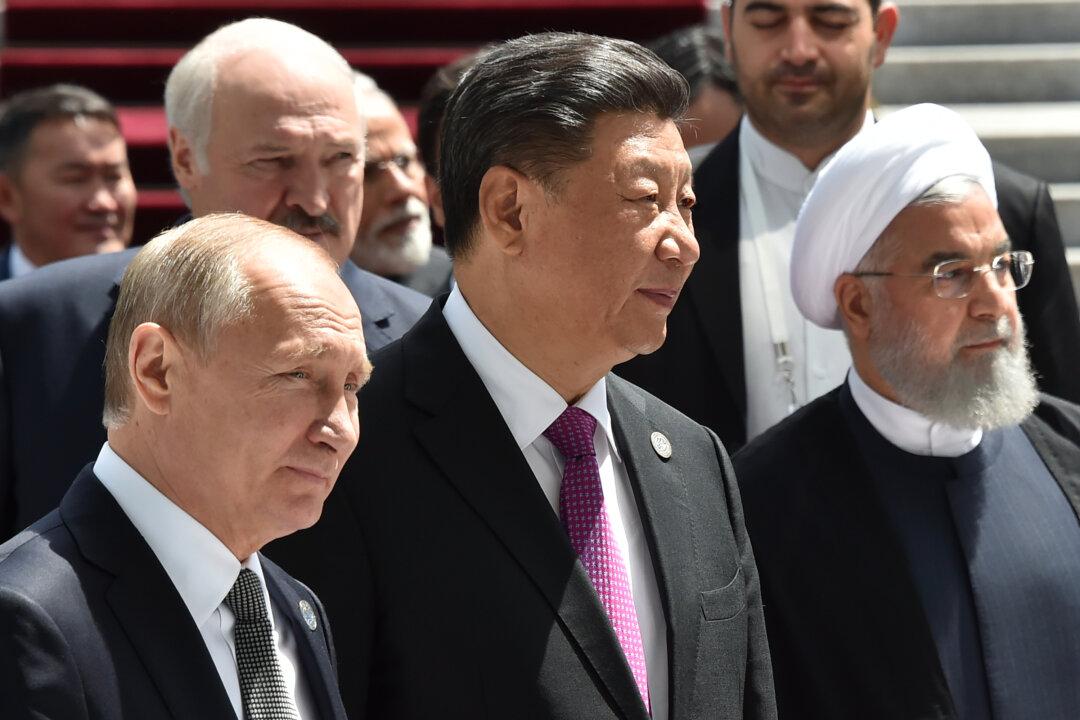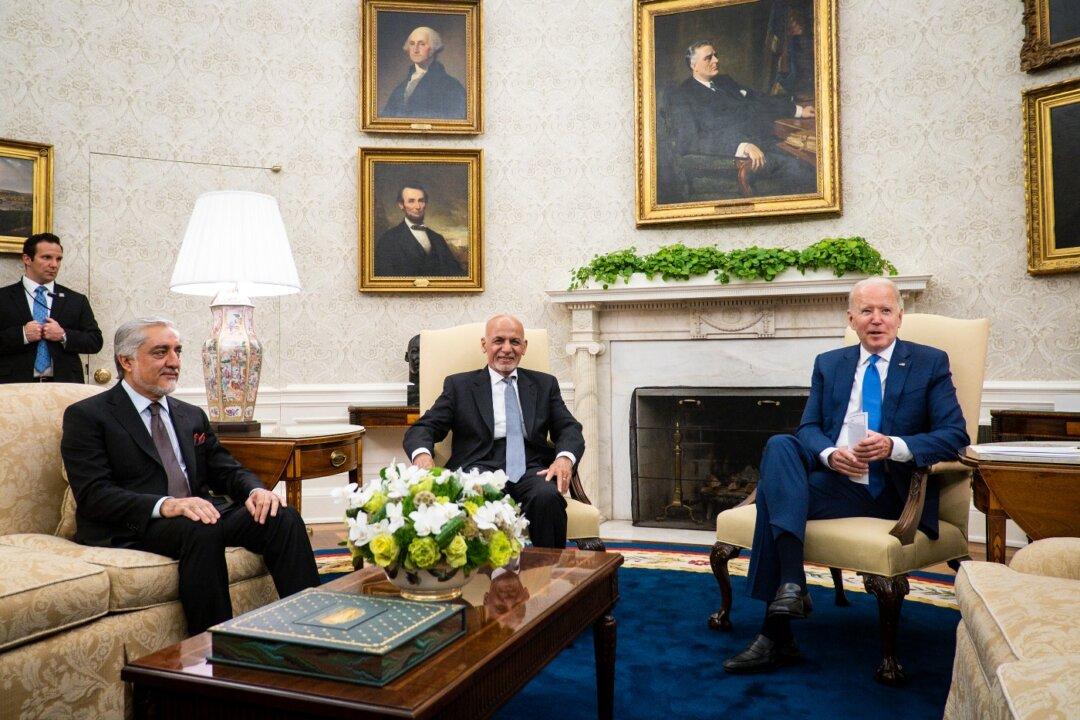Commentary
February was a cruel month for the Chinese corporate giant Huawei Technologies, and rightly so. The “high-risk” telecommunications company with deep ties to Beijing’s communist dictatorship deserves an even crueler April and a disastrous 2020 marked by criminal investigation, criminal indictment and billion-dollar lawsuits.





